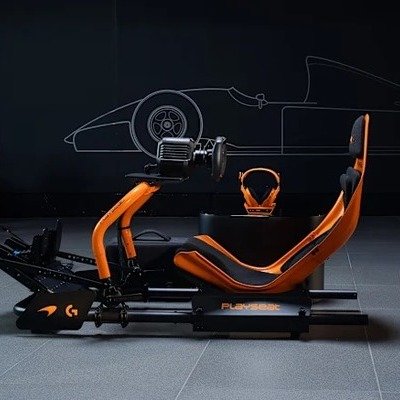0 Reacties
·0 aandelen

CGShares
https://cgshares.com



